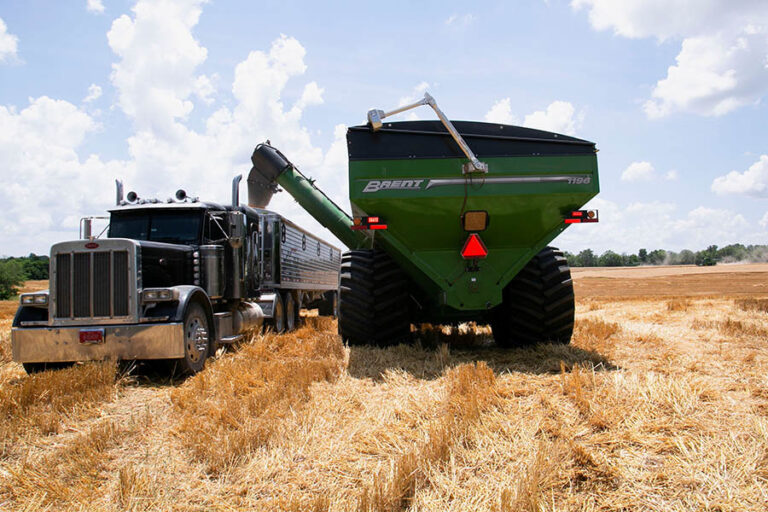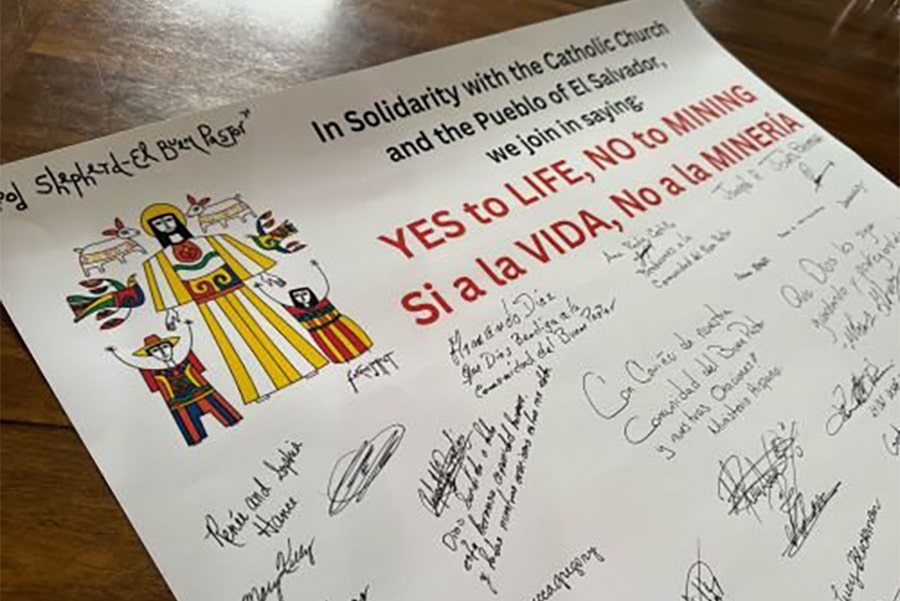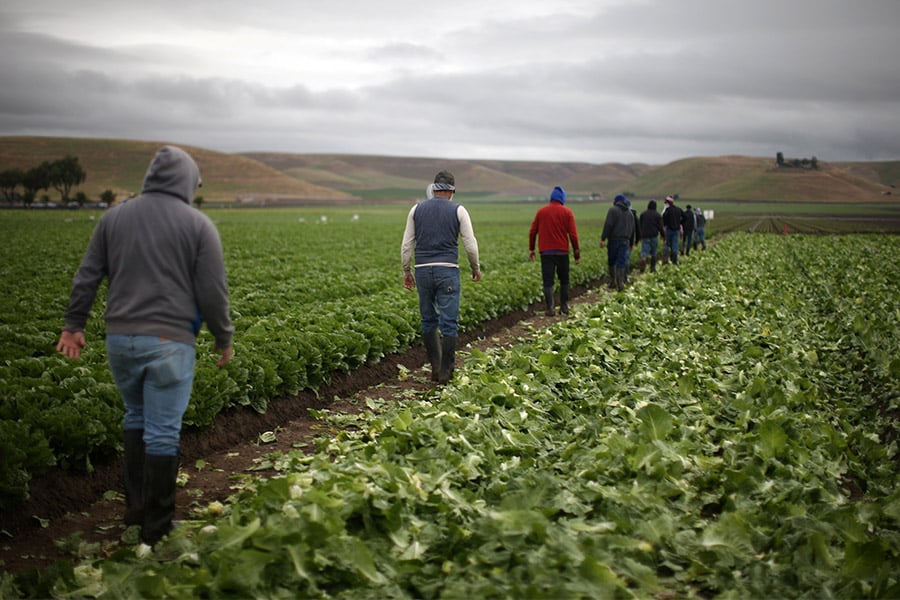WASHINGTON (OSV News) — Lawmakers on the House and Senate agriculture committees released differing frameworks for the 2024 farm bill, with one version praised by a Catholic aid group.
The frameworks follow months of negotiations, but the two versions differ in key respects, raising questions about whether the Republican-controlled House and the Democratic-controlled Senate can reconcile them.
The federal farm bill funds agriculture, nutrition and conservation programs and is typically passed every five years. However, amid a stalemate, the 2018 law expired in September, and Congress extended it for a year, leaving lawmakers with a new deadline shortly before the 2024 elections.

While each chamber’s bills do have some areas of agreement — such as spending boosts for rural broadband and enhancements to farm safety net programs — there are some major tension points.
The House’s framework would freeze funding levels to the Supplemental Nutrition Assistance Program, or SNAP, limiting reasons to raise that spending to inflation. Senate Democratic negotiators have said they will not accept cuts to SNAP. The House GOP’s framework also would permit those with prior felony drug offenses to receive SNAP.
Another key difference between the two versions is how the frameworks approach farm conservation funding. The House version would increase funding for some conservation efforts but strip that funding’s focus on specific efforts to combat climate change.
Bill O’Keefe, executive vice president for mission, mobilization and advocacy at Catholic Relief Services, the international aid agency of the Catholic Church in the U.S., said in a statement the group “appreciates the support for international food assistance programs demonstrated in Chairperson Stabenow’s Farm Bill proposal released May 1.”
“It continues the international food assistance programs that help save lives in emergencies, improve the livelihoods of small farmers so they can feed their families, support school children in their studies, and leverage the expertise of American volunteers to support food security and nutrition outcomes for our brothers and sisters overseas,” O’Keefe said. “The proposal continues to provide food from the US to address global hunger, while making overall positive changes to these international food assistance programs.”
O’Keefe said CRS observed improvements in efforts to better support local farmers within the community or region.
“We are uneasy about some proposed changes, such as altering the United States Agency for International Development’s (USAID) waiver authority,” he said, “but we recognize that compromises are necessary to reach consensus in the Farm Bill.”
O’Keefe also said that in “contrast to the Senate proposal’s treatment of international food assistance, CRS is concerned about Chairperson Thompson’s Farm Bill proposal in the House.”
“It risks undermining the program quality and reach of the Food for Peace Title II (FFP) program,” O’Keefe said. “We strongly oppose including parts of the American Farmers Feed the World Act (H.R. 4293) in the package, as it jeopardizes Resilience Food Security Activities. These unique, multi-year programs support communities in overcoming chronic poverty and reducing the need for future humanitarian assistance.”
O’Keefe said CRS supports “providing US commodities in the international food assistance programs, but we cannot focus solely on food distribution.”
“We must ensure the programs respond to market conditions on the ground and that the communities can recover and provide for themselves and their families,” he said.
In a May statement May 17, Rep. Glenn “G.T.” Thompson, R-Pa., chair of the House Agriculture Committee, said, “The Farm, Food, and National Security Act of 2024 is the product of extensive feedback from stakeholders and all Members of the House, and is responsive to the needs of farm country through the incorporation of hundreds of bipartisan policies.”
“The release of this draft is a significant step forward in a years-long, deliberative process,” Thompson said. “The markup is one step in a greater House process, that should not be compromised by misleading arguments, false narratives, or edicts from the Senate. I look forward to engaging with colleagues on both sides of the aisle as we move to markup.”
In her own statement May 17, Sen. Debbie Stabenow, D-Mich., chairwoman of the Senate Agriculture, Nutrition, and Forestry Committee, acknowledged discussions with her House Republican counterpart to note “our visions for the 2024 Farm Bill have a lot in common.”
Stabenow said she remains “deeply concerned that his proposal will split the broad, bipartisan coalition that has always been the foundation of a successful Farm Bill.”
“It makes significant cuts to the family safety net that millions of Americans rely on, and it blocks USDA’s ability (referring to the Department of Agriculture) to provide real time assistance to farmers through the CCC (Commodity Credit Corporation) to address emerging challenges,” she said. “Even with these shortsighted cuts, it is unclear to me how they will pay for their proposal. Democrats have made clear from the beginning that we will not walk away from our commitment to the most vulnerable among us or from our farmers battling the effects of the climate crisis every day.”
Stabenow argued, “The only path forward is holding together our broad coalition of farmers, hunger and nutrition advocates, rural communities, conservationists, and the climate community.”
The House Agriculture Committee’s markup, a process where committees decide whether to move legislation forward to the House floor for a vote, is scheduled for May 23.
Read More Social Justice
Copyright © 2024 OSV News









